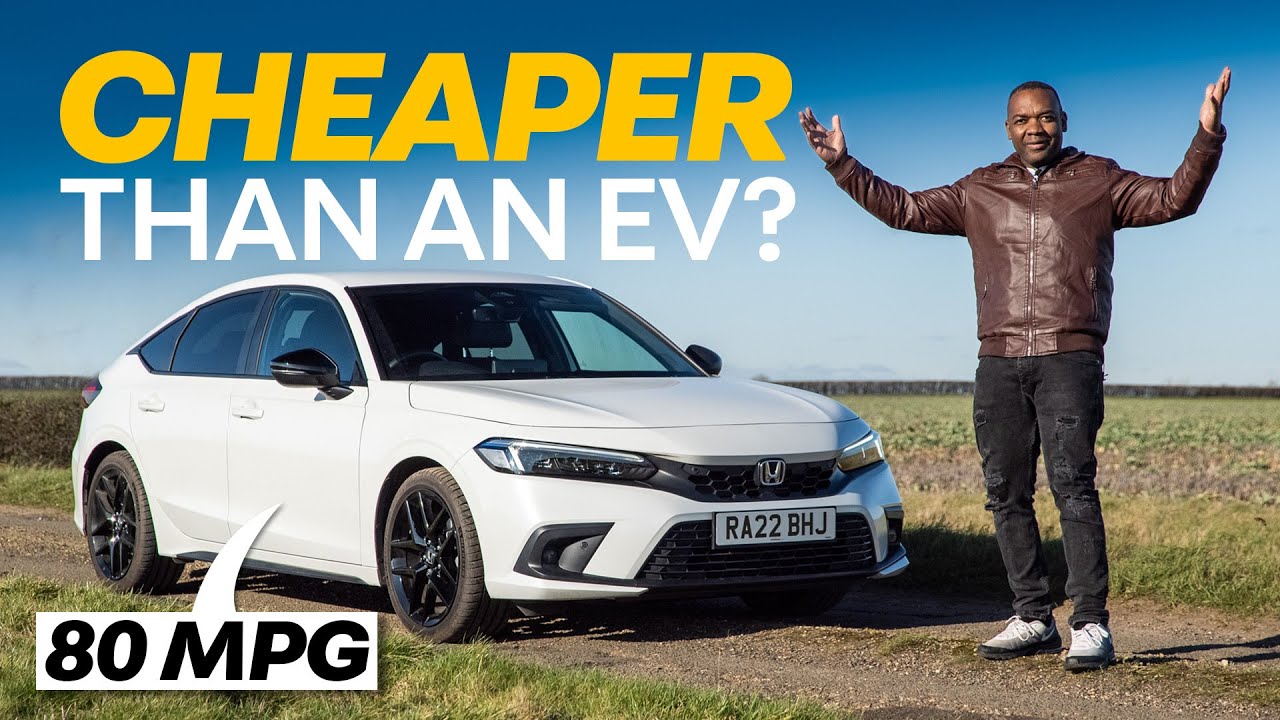Hybrid vs Electric Car: Which Is REALLY Cheaper?
The modern automotive landscape is evolving at a lightning pace, with electric vehicles (EVs) and hybrid cars taking center stage in a world increasingly focused on sustainability. With rising fuel prices and environmental concerns gaining traction, it’s no surprise that car buyers are seeking clarity on which option—hybrid or electric—offers better value for money. So, let’s dive in and unravel the mystery behind the costs associated with these two technologies, while equipping you with valuable insights to make an informed decision.
Definitions & Basics
Before we tackle the costs, let’s briefly define what we’re looking at. Electric vehicles are entirely powered by electricity, utilizing batteries to run an electric motor. They emit zero tailpipe emissions, which is a huge plus for the environment. Think of models like the Tata Nexon EV or the MG ZS EV.
On the flip side, hybrid cars combine a conventional petrol or diesel engine with an electric motor. They can run on either fuel source, depending on the driving conditions. Models such as the Toyota Camry Hybrid or the Honda Accord Hybrid are excellent examples.
The Purchase Price Dilemma
When stepping into a dealership, the first comparison most buyers notice is the price. A brand-new EV typically comes with a higher sticker price compared to its hybrid counterpart. For instance, a Tata Nexon EV might set you back around ₹14 lakh, while a Toyota Camry Hybrid could be priced around ₹30 lakh.
However, don’t let that initial figure scare you off the electric path just yet. Government incentives and subsidies for electric vehicles can significantly reduce the total cost of ownership. In India, various state governments offer additional incentives, lowering the effective price of EVs and making them more appealing for budget-minded buyers.
Fuel Efficiency: The Long-Term Savings
While the upfront cost may be a deciding factor, the long-term savings and running costs play an equally crucial role. When it comes to fuel economy, EVs top the charts. Charging an electric vehicle often costs substantially less than filling up a tank of petrol or diesel.
Let’s break it down: Assume the average cost of electricity per unit in India is around ₹7. If a Nexon EV requires about 15 kWh for a full charge and has an 80% efficiency, it’ll cost you roughly ₹84 per full charge. For a range of around 300 km, that translates to about ₹0.28 per kilometer.
In contrast, a hybrid vehicle will still require petrol. If we consider a hybrid like the Toyota Camry, which gives an average mileage of about 18 km/l, and petrol costs around ₹100 per liter, your running cost clocks in at roughly ₹5.55 per kilometer. The stark difference is evident.
Maintenance Costs
Maintenance is another vital aspect where electric vehicles shine. Traditional petrol and diesel cars, including hybrids, typically require regular oil changes, exhaust inspections, and more. On the other hand, electric vehicles have fewer moving parts, which can lead to lower maintenance costs over time.
For instance, brake wear is considerably reduced in EVs due to regenerative braking systems. This means longer intervals between brake pad replacements, adding more savings to your wallet.
Resale Value: The Future Factor
Now, let’s talk about resale value. EV technology is rapidly evolving, and while the present market is growing, long-term demand can fluctuate. Some buyers may hesitate, fearing that the rapidly advancing technology could devalue their EV faster than a hybrid. However, with increasing awareness and investment in charging infrastructure, it’s likely that EVs will continue to gain popularity in the coming years.
Conversely, hybrids have established themselves within the market. They enjoy a stronger acceptance, primarily due to the dual-fuel advantage, meaning they might retain their value better in the short term.
Real-Life Examples: A Decision-Maker’s Guide
To paint a clearer picture, let’s consider a couple of scenarios. Meet Riya, a tech-savvy urban professional who drives around the city and has charging facilities at home. She opts for the Tata Nexon EV. Her electricity bill remains manageable, she enjoys minimal maintenance costs, and the government subsidy significantly offsets her initial investment.
On the flip side, there’s Arvind, who commutes long distances regularly and prefers the flexibility of a petrol engine during longer trips. His decision to go for a Toyota Camry Hybrid suits his lifestyle, as he enjoys good fuel efficiency without the range anxiety that can come with electric vehicles.
The Bottom Line
So, which is genuinely cheaper? The answer isn’t as straightforward as you might think. If you’re looking for lower running costs, maintenance, and a cleaner riding experience, an electric vehicle can be a more cost-effective choice over time. However, if upfront costs, versatility, and fuel source flexibility are paramount for you, a hybrid might suit you better.
As you ponder your next car purchase, consider your driving habits, lifestyle needs, and environmental goals. The right choice between hybrid and electric vehicles should align not just with your financial objectives, but with your individual values and expectations.
In the end, whether you choose an electric vehicle or a hybrid, you’re stepping towards a more sustainable future, and that’s a win for everyone. Happy car shopping!

Utsav is an automobile enthusiast and auto news writer with 2+ years of experience in the Indian car industry. He has covered major launches, done detailed car reviews, and follows trends in the EV segment.


